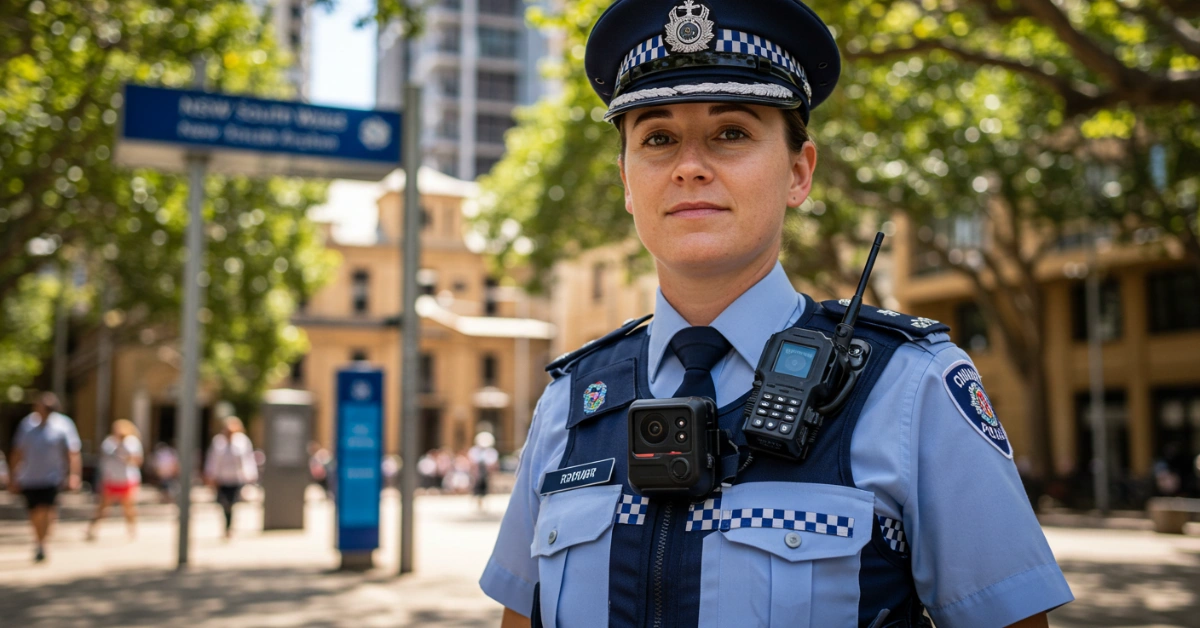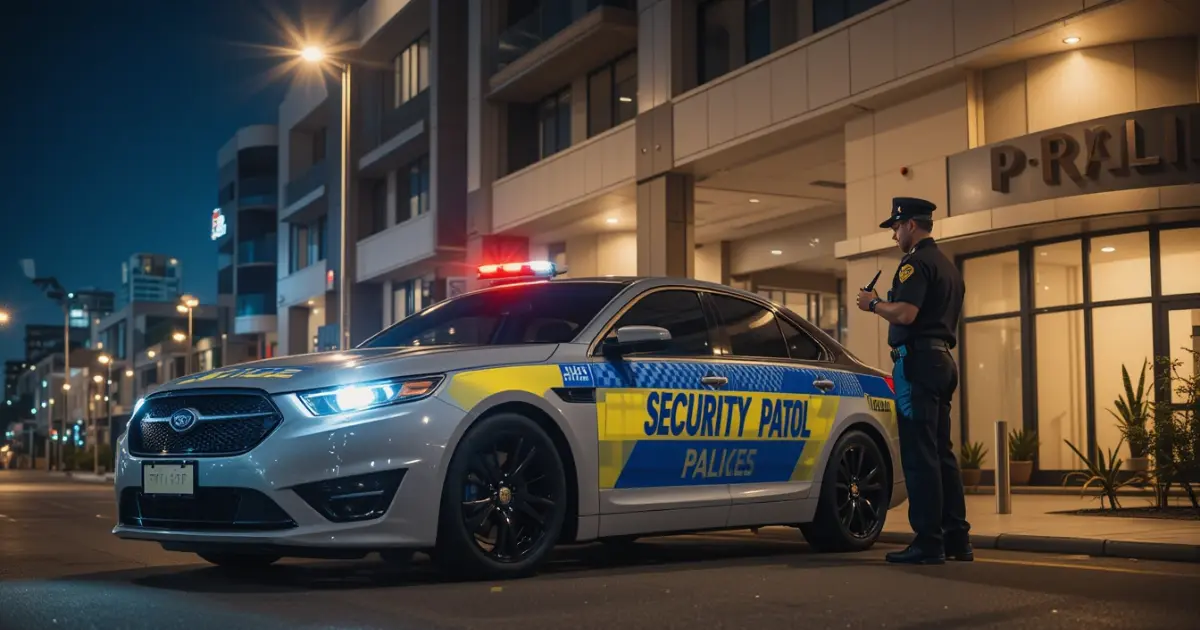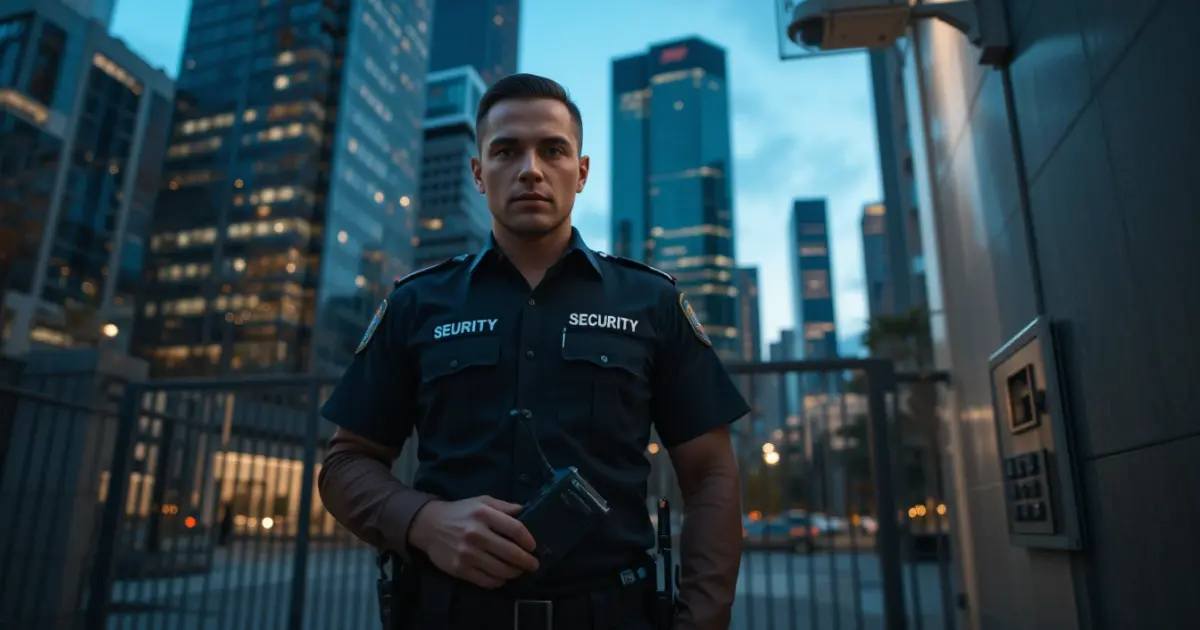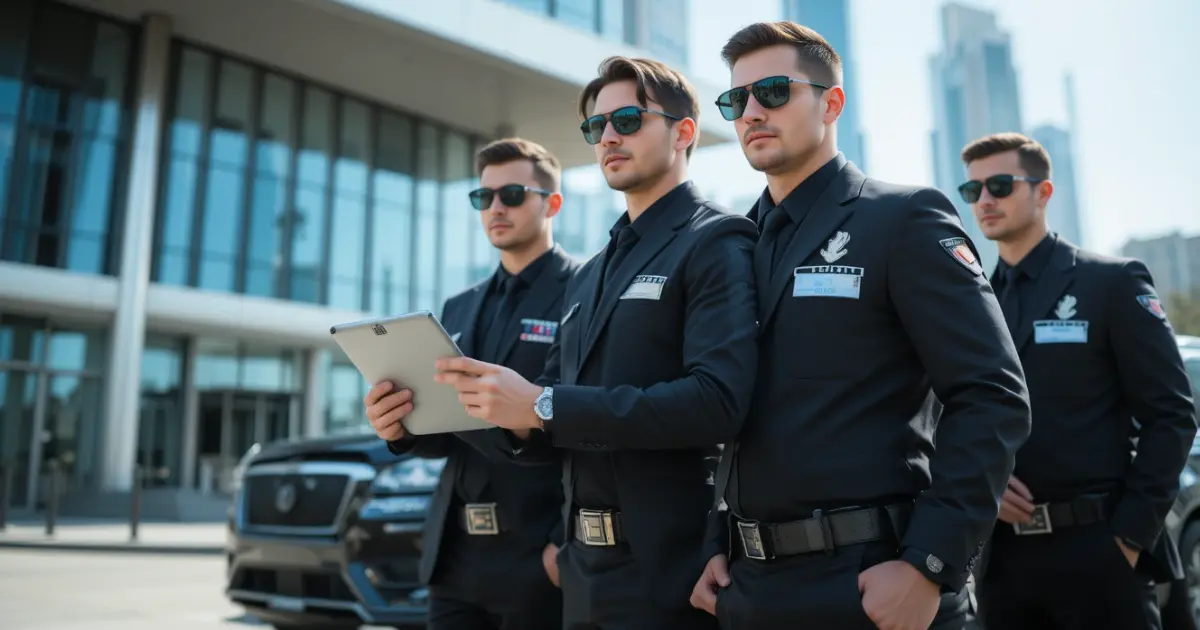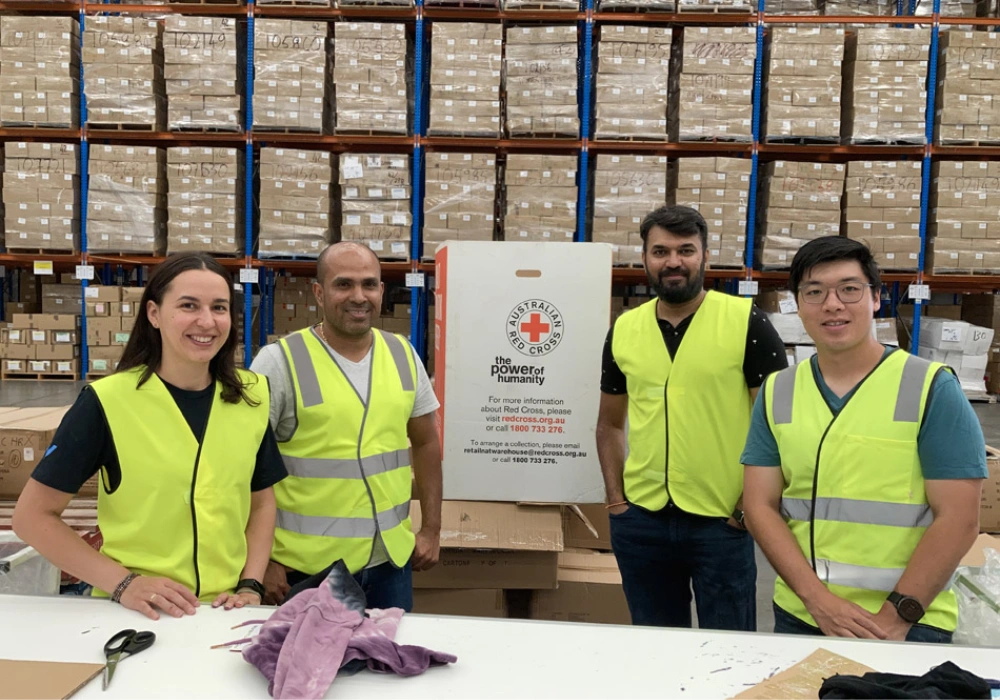Body-worn cameras (BWCs) are small devices worn by police officers to record video and audio during their work. These cameras are used to help make sure everyone acts safely and fairly.
- How are body-worn cameras used?
Cameras are turned on during interactions with the public, such as traffic stops or emergency calls. - Why do they matter?
They help protect both police and citizens by showing what happened during an event.
For example, if someone says a police officer was unfair, the video can show the truth. If an officer is hurt, the video can help find who did it.
1. What Is the Current Body-Worn Camera Legislation in NSW?
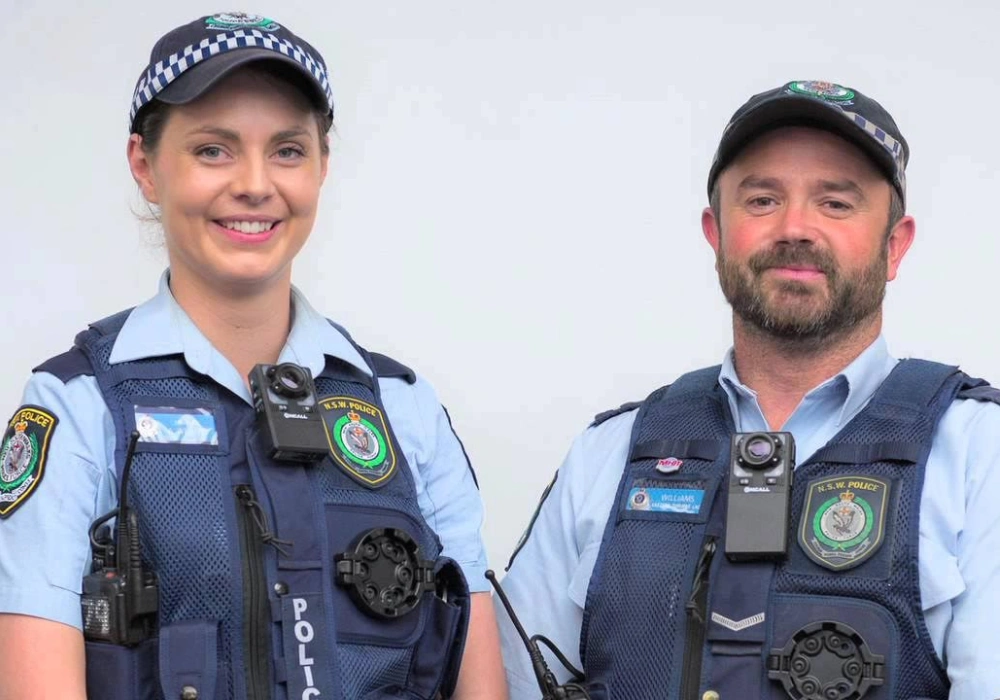
In New South Wales (NSW), there is no single law that only talks about body-worn cameras. Instead, rules are made by the NSW Police Force and other laws that already exist.
- Are body-worn cameras mandatory for NSW police?
Not yet! While many officers use them, it’s not required for every police officer. - How many police officers have these cameras?
Cameras are being given out slowly, but not everyone has one yet.
The NSW government has been testing body-worn cameras since 2016. In 2023, a new plan was made to give more cameras to officers by 2025. This is called the Body-Worn Video (BWV) Expansion Program.
2. Which Laws Govern the Use of Body-Worn Cameras by Police in NSW?
Even though there’s no special law for body-worn cameras, two big rules are used to decide how they work:
The Surveillance Devices Act 2007 (NSW)
This law says how recordings can be made and shared. It allows police to use cameras in public places without asking for permission.
- What does the law say about privacy?
If you’re in a public space, like a street or park, you can be recorded without knowing. But if you’re in a private place, like your home, the rules are stricter.
The NSW Police BWV Policy
This is a rule made by the NSW Police Force. It explains when cameras should be turned on and how the videos are stored.
- When must cameras be used?
During arrests, traffic stops, and visits to homes. - How are videos kept safe?
All footage is stored in a secure system and only shared if needed for legal reasons.
3. When Are NSW Police Allowed to Use Body-Worn Cameras?
Cameras are supposed to be used during most police-public interactions, but there are some exceptions.
- When must cameras be on?
During arrests, traffic stops, and visits to homes. - When can cameras be off?
If someone is in danger, like during a private talk with a victim, or if the officer is doing paperwork.
For example, if a police officer is talking to a child abuse victim, the camera might be turned off to protect their privacy.
Also Read: Everything You Need to Know About Body Worn Video Legislation NSW
4. Do NSW Police Need My Consent to Record Me?
Many people ask: “Can police record me without telling me?” Here’s the answer:
- Can police record me without my permission?
Yes! Under NSW law, police do not need to ask before recording in public places. - Will I be told if I’m being recorded?
Not always. Police might not say anything, but they can if they want to.
This rule is part of the Surveillance Devices Act 2007. It says police can record in public without consent, but they must follow strict rules about storing and sharing the videos.
5. Can I Request Body-Worn Camera Footage in NSW — And How Long Is It Kept?
If you were part of a police interaction, you might want to see the video. Here’s how it works:
- How do I ask for the video?
A request can be made through the NSW Police website or by calling them. - How long are videos saved?
Videos are kept for 30 days to many years, depending on how important they are.
Steps to Request Footage
- Visit the NSW Police Force website .
- Find the “Freedom of Information” section.
- Fill out a form asking for the video.
Keep in mind: Access is limited unless the video is part of a court case or complaint.
6. Are There Privacy Concerns With Body-Worn Cameras in NSW?
While cameras help with safety, some people worry about privacy.
- What if I’m recorded inside my home?
Cameras might still be on, but videos of homes are handled more carefully. - Can my face be hidden?
Sometimes! If you’re not part of a crime, your face might be blurred in shared videos.
For example, if a video is shown in court, your face might be covered to protect your identity.
7. Frequently Asked Questions About Body-Worn Camera Laws in NSW?
No. Police do not have to say anything before recording in public.
Yes. As long as it doesn’t break privacy laws or stop police from working.
Videos are saved for 30 days to many years, depending on the case.
Maybe. Access is limited unless it’s part of a court case or complaint.
No. Officers choose when to turn them on, but they are encouraged to use them often.

